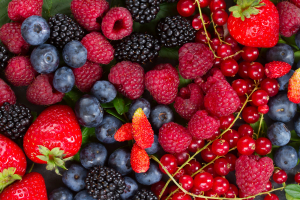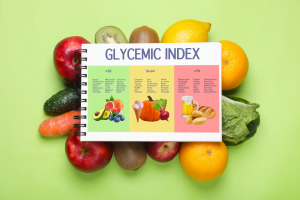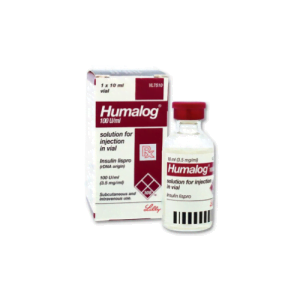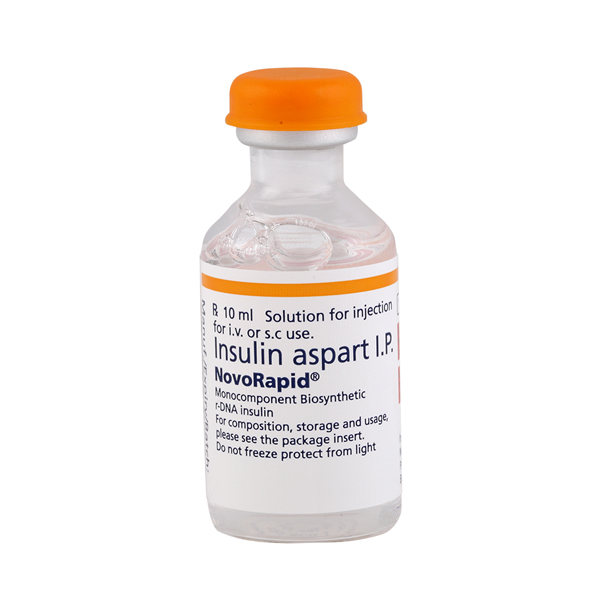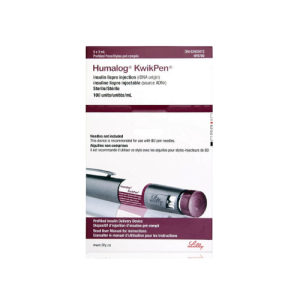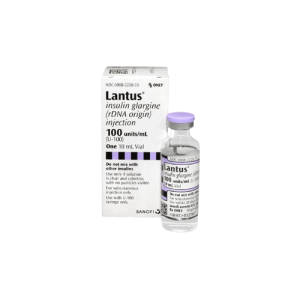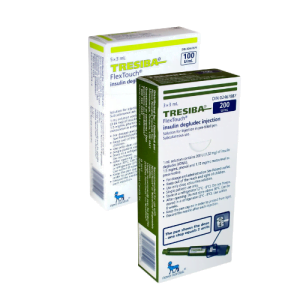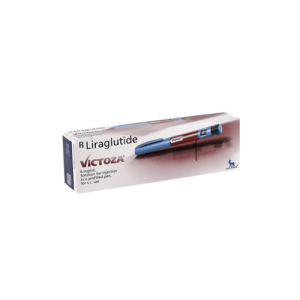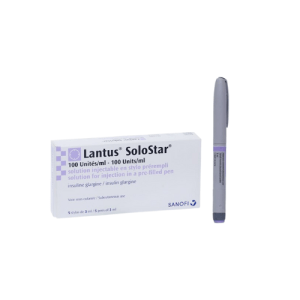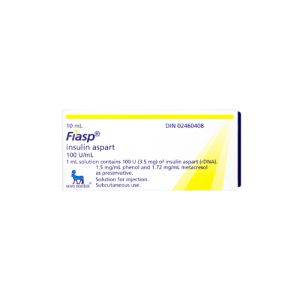If you plan to ditch animal products from your diet, then veganism is the answer. A plant-based diet has been gaining popularity in the last decade since celebrities like Miley Cyrus, Natalie Portman, Ellen DeGeneres, and Alicia Silverstone, used their social media power to advocate this diet in response to causes like healthy living and animal cruelty. They influenced almost 3% of the US population into veganism.
Veganism, if followed right, may be a healthy choice in general. The abundance of fruits and vegetables loaded with fiber, vitamins, and minerals are great for diabetes. However, the word veganism cannot be equated with “healthy.” For example, a vegan donut is as unhealthy as a regular donut; and similarly, a deep-fried vegan burger is as harmful as your favorite deep-fried beef patty burger.
Research suggests that a vegan diet prevents heart disease and other chronic conditions. However, does it also prevent the development of diabetes?
Is the vegan diet the same as the vegetarian diet?
Both the vegan diet and the vegetarian diet are plant-based diets. However vegan diet also ditches other animal products such as dairy, eggs, gelatin, and lard. Instead, they substitute these products with plant-based alternatives– such as almond milk, soya milk, agar powder, etc.
How does a vegan diet help in diabetes management?
Before you start a vegan diet, you must know two things:
- A vegan diet is not equivalent to sugar-free life. This diet does not ditch sugar in any form.
- Not all vegan food is safe for you. For example, some vegan foods you get in the stores are already processed. These processed products may contain preservatives and ingredients that can harm your blood sugar or complicate your condition.
Purchasing raw and low-processed plant-based foods becomes a prerequisite to getting all the benefits of a vegan diet
The following are the benefits of a vegan diet for diabetes management:
It boosts insulin sensitivity.
According to research, switching to a low-fat vegan diet decreases insulin resistance, the primary trigger of type 2 diabetes. This enables the body cells to become more sensitive to insulin and improve glycemic control.
It assists in weight management.
Obesity triggers the development of insulin resistance, which eventually leads to type 2 diabetes. Vegan diets that are high in fiber and antioxidants and low in carbs can prevent this process.
It reduces the risk of heart disease.
Vegan diets are low in cholesterol and high in soluble fiber. These properties make it highly beneficial for the heart and prevent the onset of cardiac diseases.
Things to consider before starting a vegan diet
Before starting a vegan diet, you must know the potential downsides of an all-plant-based food regimen. One of these includes nutrient deficiencies. Here’s a list of common nutritional deficits associated with a vegan diet and where you can source them from:
Vitamin B12:
- Plant milk and yogurt
- Breakfast cereals
Protein:
- Nuts
- Seeds
- Beans
- Tofu
- Soya
- Quinoa
Iron:
- Wholegrain bread
- Nuts
- Beans
Calcium:
- Kale
- Kidney beans
- Tahini
- Oranges
Fiber:
- Eggplant
- Collard greens
- Carrots
- Beetroot
- Cauliflower
- Carrots
Do not ignore Vitamin B12 and protein if you practice this diet. Lastly, consult your dietitian or doctor to know if this diet is safe for you.




